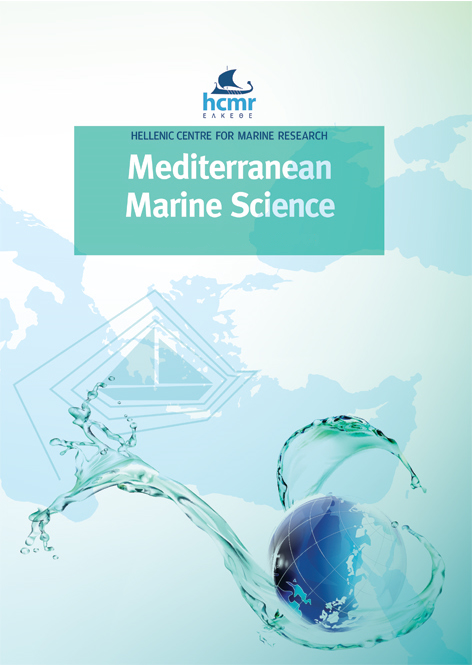Systemic Science Communication Training for Powerful Impact in Marine Animal Forests
Abstract
In the not-so-distant past, scientific research operated within the confines of academic journals, isolated from broader communication channels. However, the landscape has evolved significantly in the last two decades, with science communication breaking free from the academic ivory tower to embrace diverse platforms in great measure thanks to the internet and social media. Despite this evolution, a noticeable gap remains in researchers’ soft skills, hindering their ability to convey research outcomes to the public effectively. This paper highlights our efforts to address this gap through the Marine Animal Forest of the World COST Action (MAF WORLD), showcasing dedicated science communication training. We delve into the identified gaps and our attempts to bridge them through a training school focused on Marine Animal Forests, emphasising the development of soft skills such as creativity and teamwork. Training in, and the outcomes of scientific communication should be included when evaluating a scientist. Employing a practical and holistic approach, our initiative seeks to amplify the impact of EU-funded research and encourage co-creation and originality to engage diverse stakeholders. This forward-thinking strategy positions the MAF WORLD as a case study on science communication training within a scientific network of excellence, demonstrating the need for these skills for scientists and contributing to the global ocean conservation discourse.
Article Details
- Zitationsvorschlag
-
ZORRILLA-PUJANA , J., & MAGGIONI, T. (2025). Systemic Science Communication Training for Powerful Impact in Marine Animal Forests. Mediterranean Marine Science, 26(2), 393–399. https://doi.org/10.12681/mms.40946
- Rubrik
- Commentary Article
Authors who publish with this journal agree to the following terms:
- Authors retain copyright and grant the journal right of first publication with the work simultaneously licensed under a Creative Commons Attribution Non-Commercial License that allows others to share the work with an acknowledgement of the work's authorship and initial publication in this journal.
- Authors are able to enter into separate, additional contractual arrangements for the non-exclusive distribution of the journal's published version of the work (e.g. post it to an institutional repository or publish it in a book), with an acknowledgement of its initial publication in this journal.
- Authors are permitted and encouraged to post their work online (preferably in institutional repositories or on their website) prior to and during the submission process, as it can lead to productive exchanges, as well as earlier and greater citation of published work (See The Effect of Open Access).





